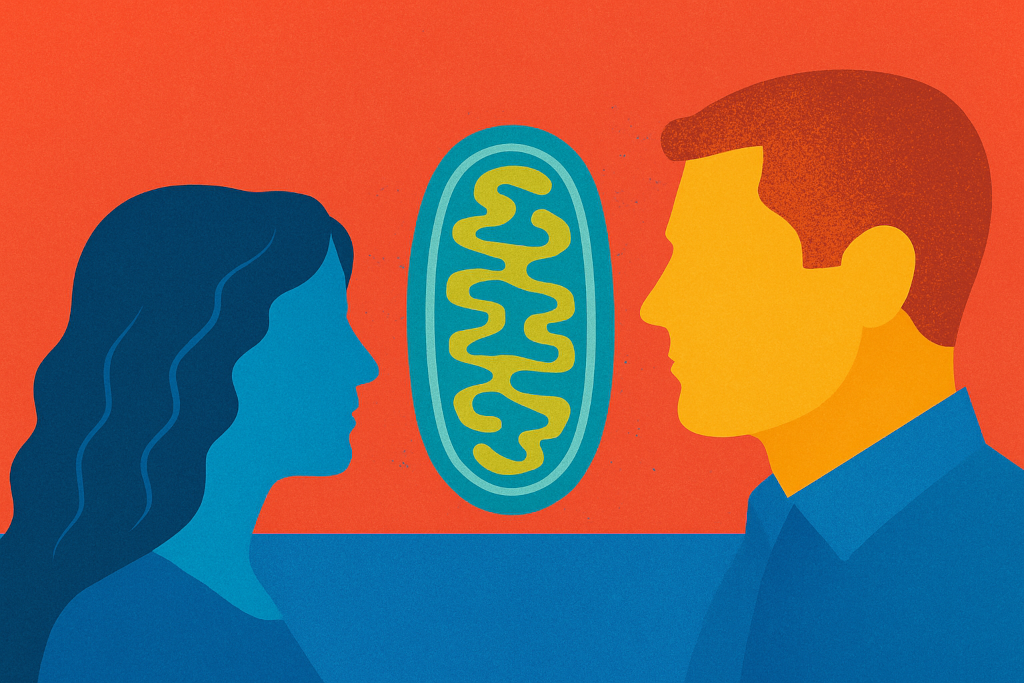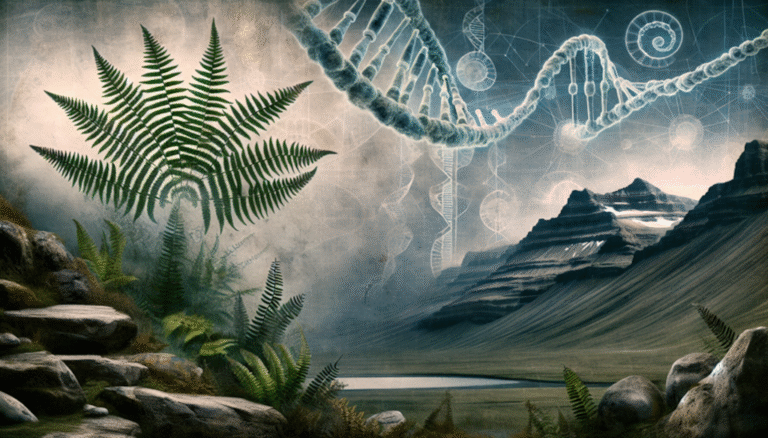Ever wonder why two people can eat the same thing, exercise the same way, and have vastly different health outcomes? It might come down to your body’s tiny, often overlooked powerhouses: mitochondria.
Most of us learned in high school biology that mitochondria are the “power plants of the cell.” But here’s what they didn’t teach you—your mitochondria don’t just keep your cells running. They quietly hold clues about your health, your energy, how you age… and even where your ancestors came from.
The quiet revolution inside your cells
I vividly remember reading about a study back in 2018 that changed the way scientists thought about disease inheritance. It showed how mitochondrial DNA, or mtDNA, is passed from both parents, carrying mutations that can determine whether someone develops a rare neurological condition or not.
That idea blew my mind. Unlike our nuclear DNA (which comes from both parents), mtDNA has only 37 genes. But those genes, inherited through the maternal line, play an outsize role in managing how we produce energy, burn fat, survive illness, and even adapt to cold climates.
Some mind-blowing stats
– Scientists have catalogued over 14,000 different variants of mtDNA across global populations.
– These include both harmless polymorphisms and potentially devastating mutations, some of which can lead to diseases like MELAS, Leigh syndrome, or maternally inherited diabetes and deafness.
– The condition called heteroplasmy, where both normal and mutated mtDNA coexist in cells, can dramatically shift symptoms. Two people can carry the same mutation but show wildly different outcomes depending on that balance.
And here’s where it gets even more fascinating: mtDNA doesn’t stay static. It changes over time. Your lifestyle, environment, and even how old you are can influence your mitochondria’s genetic makeup.
How your mitochondria adapt to your world
Different human populations carry unique mitochondrial variants—some of which helped their ancestors adapt to cold, high-altitude, or calorie-scarce environments. For instance, studies of Tibetan populations showed that specific mtDNA variants helped them survive in oxygen-poor elevations.
These variations aren’t just about survival. They’re tied to how your body processes fat, how efficiently you can generate heat in the winter, and even your likelihood of developing metabolic diseases.
But wait… something else is at play
Here’s the twist: you might be born with healthy mitochondria, but as you age, your cells accumulate mutations. Some of these come from natural wear, but many are triggered by environmental stressors—pollution, poor diet, even chronic stress.
In fact, a study from 2023 showed that elderly people who had higher levels of mtDNA mutations also had an increased risk for neurodegenerative diseases. Your mitochondria may start as a gift from your mother, but how you live determines how well that gift lasts.
So what can you actually do?
While you can’t change the mtDNA you inherited, you can influence how it behaves.
– Maintain a diet rich in antioxidants (mitochondria hate excess oxidative stress).
– Stay active—exercise promotes mitochondrial growth and function.
– Avoid prolonged exposure to environmental toxins.
– Be mindful of your sleep and stress levels—yes, they mess with your mitochondria too.
Your cells are listening
Imagine if every cell in your body was tuned to the same frequency, transmitting data about your ancestry, your health risks, your lifestyle choices. That’s mitochondria. They’re not just cellular factories. They’re evolutionary messengers, decoding generations of survival while whispering secrets about your future.
So next time you feel sluggish or wonder why certain health issues “run in the family,” consider this: the story might be coded in your mitochondria, and your parents’ legacy lives on much deeper than you realize.




Leave a Comment